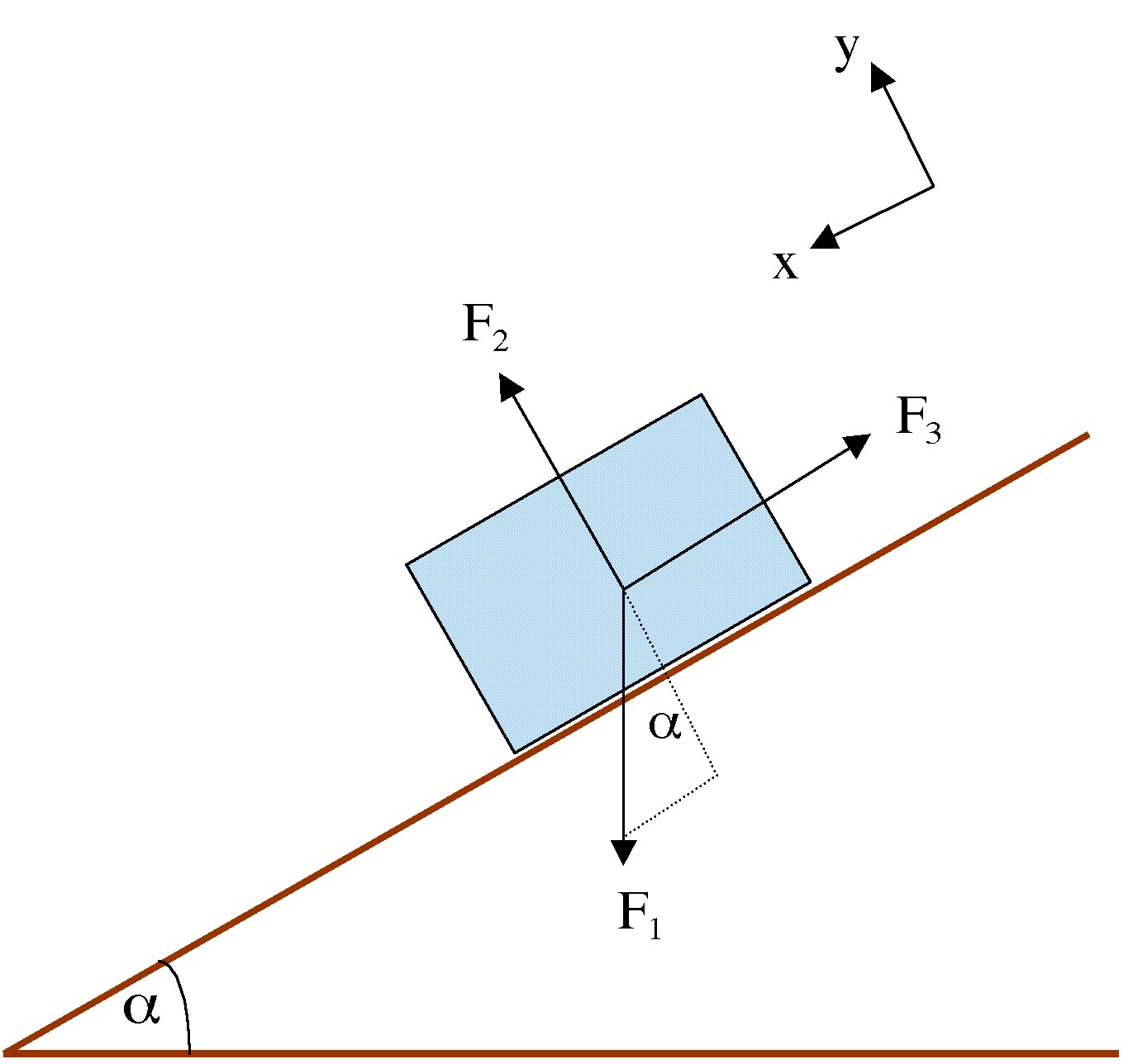This is part 4 of an ongoing discussion of a paper by Jost, Banaji and Nosek discussing System Justification Theory. Read Part 1. Read Part 2. Read Part 3.
In this morning’s installment, we explored the phenomenon of implicit valuation of members of high-status groups. Despite what we may say, or what we may consciously believe about ourselves, our actions reveal subconscious attitudes that we may have. Our wish to approve of, or make excuses for, the status quo of our social lives leads those who are on the top of power gaps to exhibit bias towards themselves. At the same time, that same desire puts those at the bottom of those divides in the somewhat bizarre role of showing the same bias – toward those at the top. This effect is not seen when measuring explicit attitudes – what people are willing to admit to – but shows up when we can find ways to ‘bypass’ conscious processing.
In this installment, I’m going to look explicitly at one aspect of how system justification theory manifests itself: political ideology. [Read more…]


